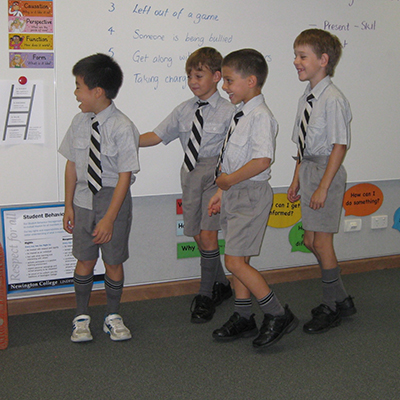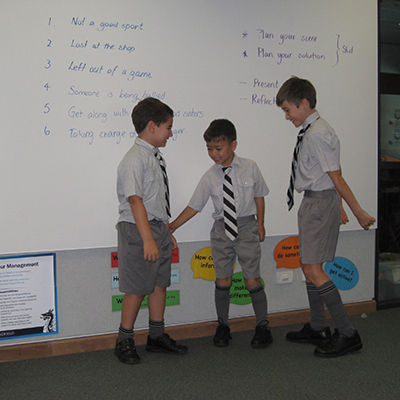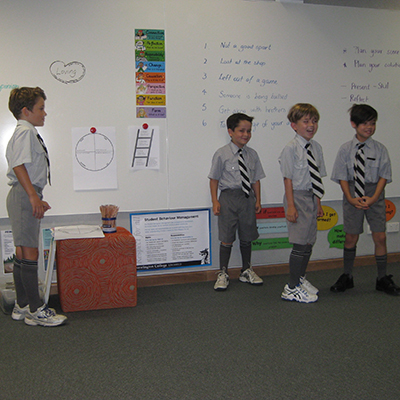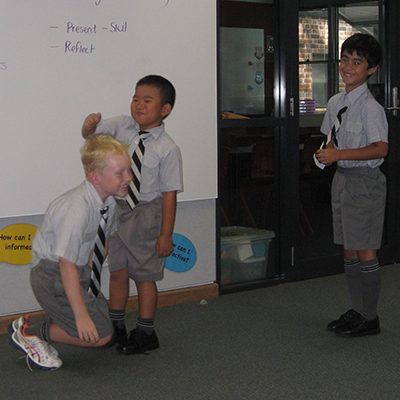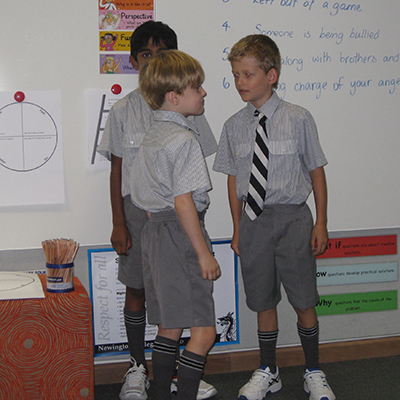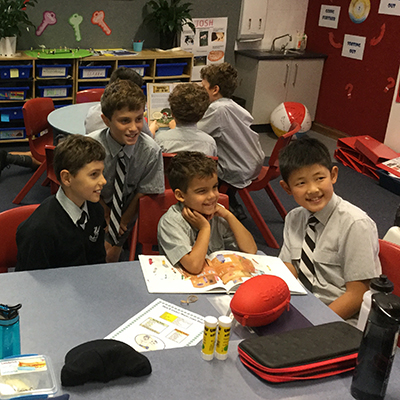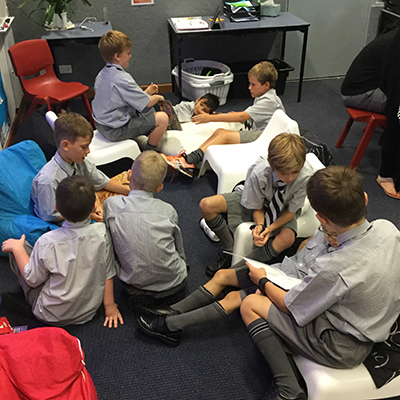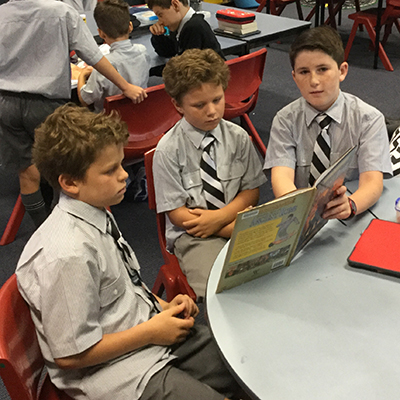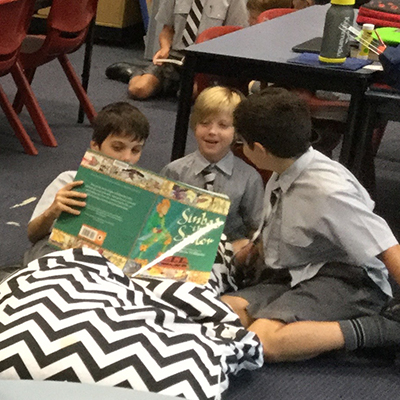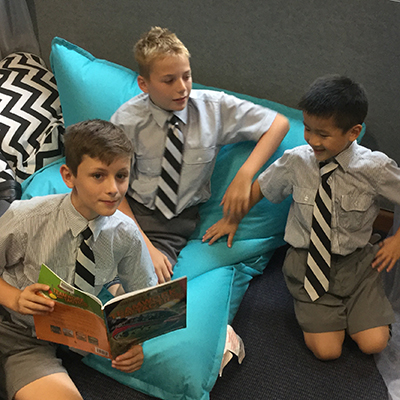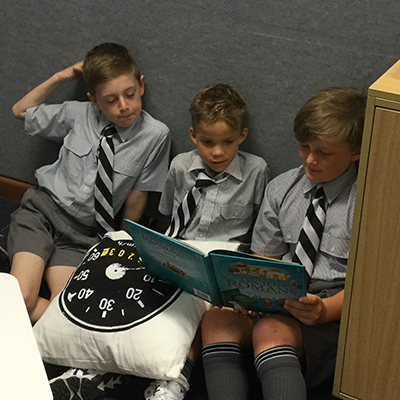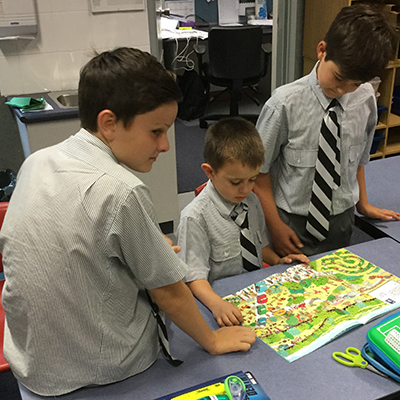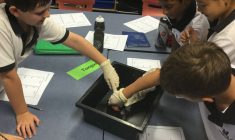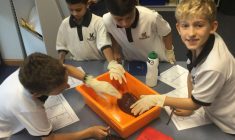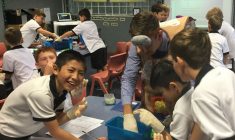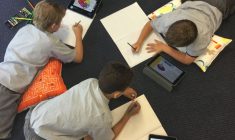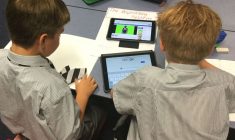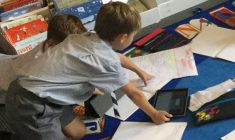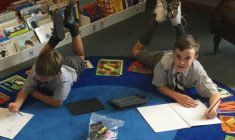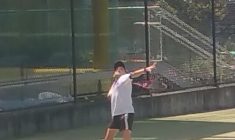P&F News
What’s happening in your P&F and Committees
Welcome from the P&F
On behalf of the P&F, Committee members and Class Parents, we would like to welcome everybody, especially our new families.
The Parents and Friends Association (or P&F) work closely with Ben and the school staff to provide a parent perspective on school related matters. The P&F is the same as a P&C.
The P&F’s role is to assist in improving facilities and resources for our boys and to build our school community by providing opportunities for parents to connect with each other and the school. We oversee the Canteen/Tuckshop, Prep Shop (uniform shop), Sports Committee, Social and Fundraising Committee, Creative Arts Support and Casserole Crisis.
We work on behalf of all our families, therefore, encourage you to communicate with us, provide feedback and let us know if there are any areas you would like us to work on or see funds used to benefit our boys.
Once or twice a term we will post articles in Prep Talk to let everyone know what has been happening, what might be coming up and updates from each of our committees.
As with any P&F, we can’t run without volunteers. I would like to thank all our families that have already committed to volunteering in any capacity in 2016. We can’t provide the services and support to our boys, families and the school without your help, so thank you so much.
We are incredibly lucky to have such a wonderful school community at Lindfield and look forward to another fantastic year in 2016 and seeing you at the Welcome Reception on Saturday night 20 February at 7:30pm.
Julianne Ashworth
P&F President
Committee Members Contact Details
The P&F Executive Committee welcomes your involvement … please contact us if you have questions or suggestions for our Lindfield campus or would like to get more involved.
Julianne Ashworth – President
M: 0411 047 816 – E: jcashworth@vbmglobal.com
Susie Martin – Vice President
M: 0404 303 877 – E: preston_susie@hotmail.com
Novak Chandler – Secretary
M: 0411 402 208 – E: novaklaf@hotmail.com
Leearna Plank – Treasurer
M: 0402 879 373 – E: leearnaplank@gmail.com
How will the P&F contribute to our school community this year?
The P&F will confirm over the course of the term our contributions for this year.
We will liaise with Ben and the staff to determine areas we may be able to assist and will endeavour to ensure we are using P&F funds in the best way possible.
We will continue to subsidise the co-curricular touch typing and chess programs and look at any other co-curricular areas we may also be able to assist.
A full overview of how the P&F contributed last year is posted on Spaces at the following link – https://spaces.newington.nsw.edu.au/lindfield/parents-and-friends/pages/291-thank-you-all-families-and-staff-for-a-wonderful-2015.
Working on behalf of the parent body, the P&F is so pleased to be able to contribute to our school community and welcomes any suggestions from parents on ways you might like to see P&F funds utilised.
Prep Shop News
The Prep Shop has been a flurry of activity since the beginning of the year. Our volunteers have done an amazing job outfitting our new boys.
Please find below a note from Kylie Strawbridge, our wonderful Prep Shop Convenor, with updates on the Prep Shop:
A new item of uniform has recently arrived in the Prep shop. We now have a training t-shirt that the Year 3-6 boys can wear during Monday and Wednesday sport sessions rather than their white PE shirts. They are black and made of light, breathable material; perfect for winter when the boys get awfully wet and muddy. They are available in sizes 8-16 for $30 each.
While you attend your son’s school sports on Saturday mornings (or any time at all) why not show your support for Newington by wearing/using our Black & White supporters’ items. We now have new black caps, beach towels, folding chairs, lots of different balls and reusable bags to carry everything in, plus more.
Winter uniform fittings for new boys will be held during Week 8-10 of this term. Boys will be fitted for winter shirts, shorts and blazers at this time as well as winter sport uniforms (for Year 3-6). Winter uniform is worn in terms 2 & 3. You will receive an invitation to book a time later in the term.
Why not volunteer in the Prep Shop? To keep the shop open on Mondays 3-3:45pm and Wednesdays 8-8:45am we need volunteers. Right now we really need extra people to staff the shop on Monday afternoons. New volunteers are scheduled with an experienced volunteer to allow on-the-job training. Please fill out the attached form https://spaces.newington.nsw.edu.au/lindfield/parents-and-friends/pages/1110-the-workings-of-our-prep-shop-volunteers-welcome
or contact Kylie Strawbridge directly if you would like to get involved. kyliestrawbridge@outlook.com
Tuckshop News
Cheryll Clark, our Tuckshop Convenor does an amazing job ensuring our boys are provided with fresh, healthy food during each school term.
We still have spaces on our tuckshop volunteer roster if you are interested in doing a shift or two. Filling the roster means that parents don’t have to double up on shifts during the term, making it fair for everyone.
The tuckshop is open Tuesdays, Thursdays and Fridays. Shifts can be split between 9-12 or 11-2:00pm. Alternatively, if it suits you can do a day shift from 9:00am till 2:00pm.
The more volunteers, the more home cooking we can do! Just send an email to lindfieldtuckshop@newington.nsw.edu.au or follow the link https://spaces.newington.nsw.edu.au/lindfield/parents-and-friends/pages/1951-how-to-use-volunteer-in-the-canteen-tuckshop
Sports Committee News
The parents Summer Sports Spreadsheet will be posted on Spaces in both the Sport and P&F section in the coming week.
This useful concise spreadsheet outlines information on the summer sports rounds, uniforms, training, coaches and teachers supporting each team. If you have any questions for our Sports Committee, please contact newingtonsports@gmail.com
Social Committee News
Our Social Committee is about to start organising our annual Easter Raffle on Wednesday 23 March. Information and Raffle Tickets will be sent home with your boys in the coming weeks.
We look forward to your contributions which will go towards assisting our boys. Easter Egg prizes will be on offer for each class and as usual a large assorted egg basket will be donated to the Royal Far West Foundation. Royal Far West is a non-government organisation that has been providing health services to children living in rural and remote NSW since 1924.
Every year, thousands of country children who have non-acute developmental, behavioural, learning, emotional and mental health disorders, and limited access to local services, benefit from their integrated clinical and educational model of care.
We are proud to be able to assist them in providing these children with a little treat over the Easter period.
Thank you all again for your support and we hope you have a great term!
from the P&F – Julianne Ashworth, Novak Chandler, Susie Martin and Leearna Plank





